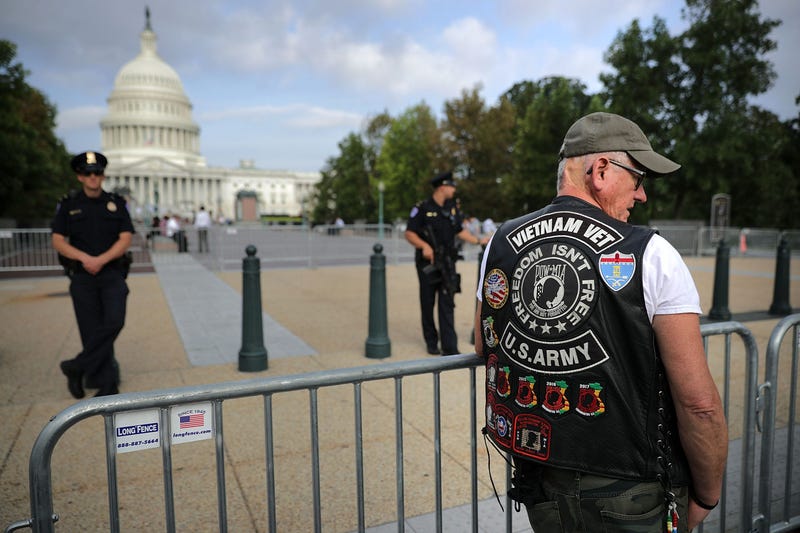
Veterans who were medically retired from the military for combat-related injuries before the 20-year mark aren't receiving full pay benefits. In fact, their disability pay is being deducted from their retirement pay. The Major Richard Star Act wants to change that.
The Major Richard Star Act, HR 5995, aims to allow this group of veterans — some 40,000 strong — to collect both types of monetary benefits in full. The bill, introduced by Rep. Gus Bilirakis, R-Fl., is named for a retired Army major who was diagnosed with stage 4 lung cancer in 2018.
“The brave men and women who return from serving our country should be able to receive the benefits promised to them," Bilirakis said. "Military retirement pay and service-connected disability compensation are two completely different benefits. One does not diminish the merits of the other."
Implementing this act would cost approximately $30 billion over the next ten years, according to the Congressional Budget Office. Rep. Raul Ruiz, D-Calif., has co-sponsored the bill for bipartisan support. A companion bill is expected to be introduced in the Senate by Sen. Jon Tester ( D-Mont).
Several notable veteran service organizations have expressed support for the act including Veterans of Foreign Wars of the United States, Wounded Warrior Project, the Military Officers Association of America, National Military Family Association, and the Fleet Reserve Association.
"Military and Veterans Service Organizations have long argued that retired pay and VA service-connected disability compensation are fundamentally different benefits, granted for different reasons," a joint letter of support from the organizations reads. "Military retired pay is an earned benefit for vested years of service. Service-connected disability compensation is for injury. To deny retired pay because of a disability is an injustice."
The bill has been referred to the Committee on Armed Services and the Committee on Veterans' Affairs for consideration.
—
